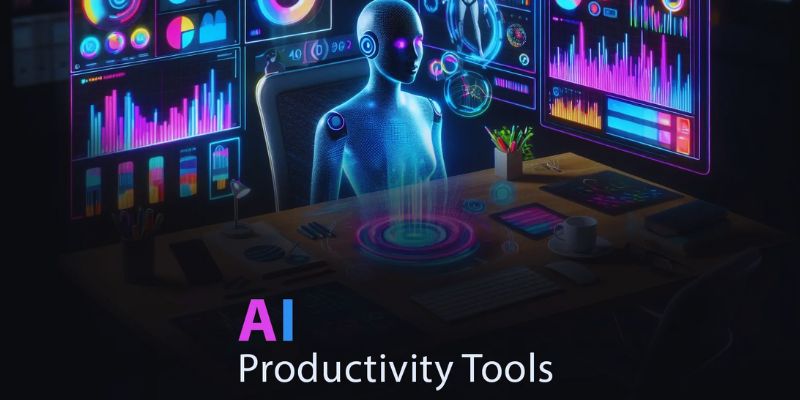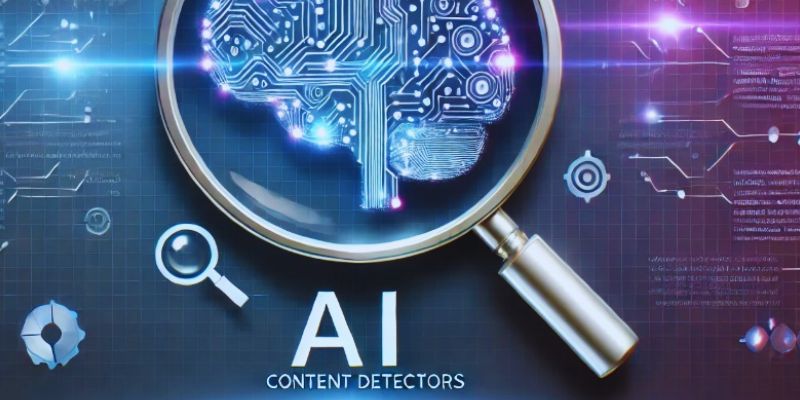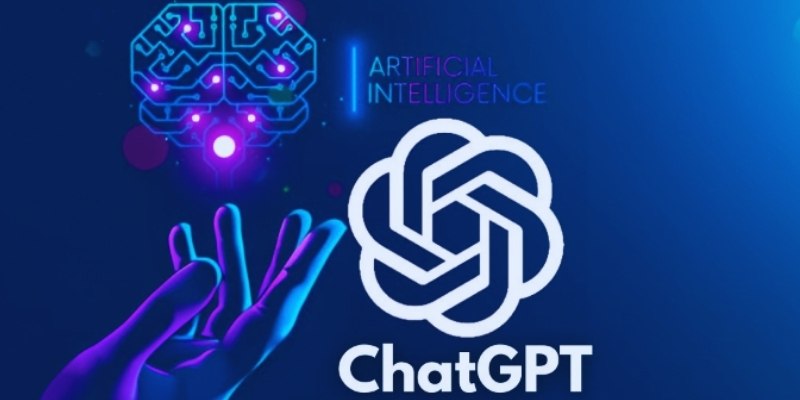Artificial Intelligence (AI) is changing the way businesses manage their finances. In the past, accounting tasks were time-consuming, manual, and often full of errors. Today, AI in accounting is making it possible to automate these transactions, reduce mistakes, and improve overall cash flow management.
This shift is not only making accountants more efficient, but it's also helping companies make smarter financial decisions. From invoice processing to forecasting future cash positions, AI is proving to be a valuable tool for businesses of all sizes.
The Role of AI in Modern Accounting
AI in accounting refers to software tools that use machine learning, automation, and data analysis to perform tasks that used to require human input. These tools are capable of reading data, understanding financial patterns, and even predicting future financial trends.
The technology allows accounting teams to save time, work faster, and gain a clearer view of the business's financial health. By using AI, companies can avoid repetitive data entry and spend more time analyzing financial results.
Automating Transactions: A Game-Changer for Businesses
One of the most important ways AI is helping accounting teams is by automating financial transactions. Rather than manually entering payments, matching receipts, or creating invoices, AI handles these tasks automatically and with greater accuracy. It not only speeds up accounting processes but also lowers the risk of human error. Automated transactions ensure the data is correct, up-to-date, and easy to track.
Some key accounting tasks AI can automate include:
- Reading and entering invoice data
- Matching payments with bank records
- Tracking expenses from uploaded receipts
- Categorizing transactions by account type
- Sending automatic payment reminders to clients
- Reconciling accounts with minimal human input
These time-saving features make it possible for finance departments to focus on more strategic work, such as budgeting and planning.
How AI Improves Cash Flow Visibility

Good cash flow is essential for every business. Without knowing how much money is coming in or going out, companies can quickly run into trouble. AI helps by giving real-time visibility into cash flow. Through continuous data monitoring and predictive analytics, AI tools can show where money is being spent and how much revenue is expected. It helps businesses make faster, more informed financial decisions.
Benefits of AI for cash flow management:
- Real-time updates on cash positions
- Notifications about late or missed payments
- Better understanding of income and expense patterns
- Forecasts of future cash needs or surplus
- Faster month-end and year-end financial reporting
By having accurate and timely insights, companies can avoid cash shortages, improve budgeting, and plan investments with more confidence.
Cash Flow Forecasting Made Easier with AI
AI doesn’t just help with current cash tracking—it also supports future forecasting. By reviewing past financial data, seasonal trends, and customer behavior, AI systems can predict upcoming income and expenses.
This predictive power is incredibly useful for planning and decision-making. Businesses can prepare for slow periods, adjust pricing, or delay certain expenses when they know what's ahead. Forecasting also helps businesses avoid last-minute loans or credit issues by planning their finances well in advance.
AI Tools Commonly Used in Accounting
There are many tools available today that use AI to help businesses manage their finances. These platforms often come with built-in automation, analytics, and secure data storage.
Some popular AI-powered accounting tools include:
- QuickBooks: Offers smart suggestions for categorizing transactions and automating tax preparation.
- Xero: Automatically matches bank transactions and provides cash flow reports.
- FreshBooks: Sends automatic invoices and reminders while tracking income and expenses.
- Vic.ai: Specializes in automating accounts payable and reducing human review time.
Each of these tools helps reduce manual effort and offers insights that go beyond basic bookkeeping.
Real-World Impact of AI in Accounting
For small to medium-sized businesses, AI in accounting means fewer errors, faster processes, and better control over finances. For larger companies, it enables scalability and more efficient reporting. By removing the burden of repetitive tasks, finance teams can use their time to analyze data, support growth strategies, and help leadership make smarter decisions.
Common Challenges When Implementing AI
While AI has many benefits, there are still challenges that some companies may face when starting to use it.
These include:
- Learning curve: Team members need time to understand and adapt to new tools.
- Initial cost: While AI tools save money in the long run, there may be upfront costs for software and training.
- Data privacy: Financial data must be kept secure, so it's important to choose platforms with strong security features.
- Dependence on tech: If the system crashes or malfunctions, business operations may temporarily slow down.
Despite these concerns, most businesses find that the long-term gains far outweigh the short-term adjustments.
Best Practices for Using AI in Accounting

To make the most of AI in accounting, businesses should take a few key steps:
- Start with clear goals: Choose areas where automation will make the biggest impact—like invoice processing or bank reconciliation.
- Train the team: Make sure everyone understands how to use the software properly.
- Choose secure tools: Always prioritize platforms with strong data protection and encryption.
- Review regularly: Continue monitoring the tool’s performance and look for ways to improve or expand automation.
These practices help ensure a smooth transition and long-term success with AI tools.
Conclusion
AI is reshaping how accounting is done. From automating daily transactions to providing accurate cash flow forecasts, this technology makes accounting faster, easier, and more effective. Businesses of all sizes can benefit from using AI tools to improve accuracy, reduce manual work, and strengthen their financial planning. While there may be some challenges at first, the long-term benefits—including better cash flow visibility and smarter decision-making—make AI a worthwhile investment for any organization looking to modernize its accounting processes.










